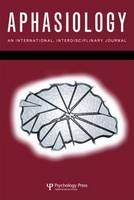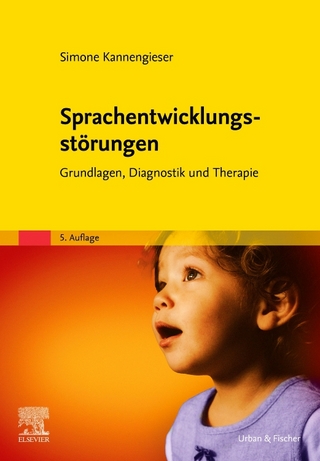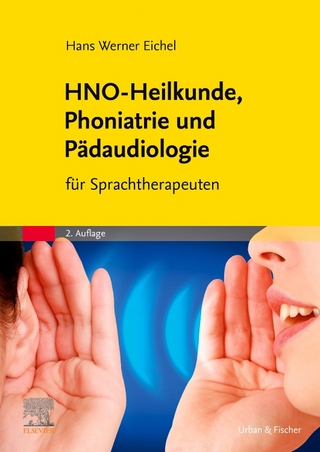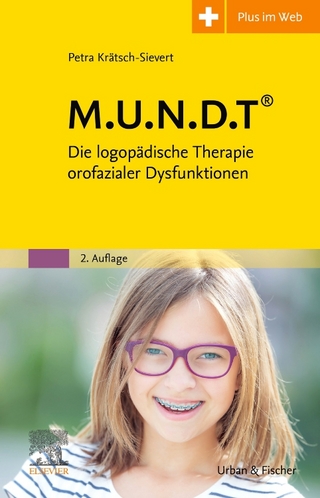
38th Clinical Aphasiology Conference
Psychology Press Ltd (Verlag)
978-1-84872-719-9 (ISBN)
- Titel ist leider vergriffen;
keine Neuauflage - Artikel merken
Beth Armstrong, Macquarie University, Australia
B. Armstrong, Introduction. W.D. Hula, S.M. Austermann Hula, P.J. Doyle, A Preliminary Evaluation of the Reliability and Validity of a Self-reported Communicative Functioning Item Pool. A.Bose, T. McHugh, H. Schollenberger, L.i Buchanan, Measuring Quality of Life in Aphasia: Results from Two Scales. L. Lanyon, M.L. Rose, Do the Hands Have it? The Facilitation Effects of Arm and Hand Gesture on Word Retrieval in Aphasia. M. Newhart, C. Davis, V. Kannan, J. Heidler-Gary, L. Cloutman, A.E. Hillis, Therapy for Naming Deficits in Two Variants of Primary Progressive Aphasia. S. Kiran, C. Sandberg, K. Abbott, Treatment for Lexical Retrieval Using Abstract and Concrete Words in Persons with Aphasia: Effect of Complexity. S.M. Antonucci, Use of Semantic Feature Analysis in Group Aphasia Treatment. D. Tranel, The Left Temporal Pole is Important for Retrieving Words for Unique Concrete Entities. J.B. Lee, R.C. Kaye, L.R. Cherney, Conversational Script Performance in Adults with Non-fluent Aphasia: Treatment Intensity and Aphasia Severity. S.C. Christensen, H.r Harris Wright, K. Ross, R. Katz, G.n Capilouto, What Makes a Good Story? The Naïve Rater’s Perception. B.A. Purves, The Complexities of Speaking for Another. M.C. Duff, J.A. Hengst, D. Tranel, N.J. Cohen, Hippocampal Amnesia Disrupts Verbal Play and the Creative Use of Language in Social Interaction. V.B. Fleming, J.L. Harris, Test–retest Discourse Performance of Individuals with Mild Cognitive Impairment. S. Fox, E. Armstrong, L. Boles, Conversational Treatment in Mild Aphasia: A Case Study. M. Hough, R. Kay Johnson, Use of AAC to Enhance Linguistic Communication Skills in an Adult with Chronic Severe Aphasia. Y. Faroqi-Shah, C.R. Virion, Constraint-induced Language Therapy for Agrammatism: Role of Grammaticality Constraints. T. McAllister, A. Bachrach, G.a Waters, J. Michaud, D. Caplan, Production and Comprehension of Unaccusatives in Aphasia. L. Guttentag Lederer, A. Gibbs Scott, C.A. Tompkins, M.W. Dickey, Imageability Effects on Sentence Judgement by Right-brain-damaged Adults. C.A. Tompkins, K. Meigh, A. Gibbs Scott, L. Guttentag Lederer, Can High-level Inferencing be Predicted by Discourse Comprehension Test Performance in Adults with Right Hemisphere Brain Damage? Y. Neumann, L.K. Obler, H. Gomes, V. Shafer, Phonological vs Sensory Contributions to Age Effects in Naming: An Electrophysiological Study. J. Eun Sung, M.R. McNeil, S.R. Pratt, M. Walsh Dickey, W.D. Hula, N.J. Szuminsky, P.J. Doyle, Verbal Working Memory and its Relationship to Sentence-level Reading and Listening Comprehension in Persons with Aphasia. A. Dietz, K. Hux, M.L. McKelvey, D.R. Beukelman, K. Weissling, Reading Comprehension by People with Chronic Aphasia: A Comparison of Three Levels of Visuographic Contextual Support. H.S. Chiou, M.R.T. Kennedy, Switching in Adults with Aphasia.
| Erscheint lt. Verlag | 3.8.2009 |
|---|---|
| Reihe/Serie | Special Issues of Aphasiology |
| Verlagsort | Hove |
| Sprache | englisch |
| Gewicht | 521 g |
| Themenwelt | Medizin / Pharmazie ► Gesundheitsfachberufe ► Logopädie |
| ISBN-10 | 1-84872-719-4 / 1848727194 |
| ISBN-13 | 978-1-84872-719-9 / 9781848727199 |
| Zustand | Neuware |
| Haben Sie eine Frage zum Produkt? |
aus dem Bereich


